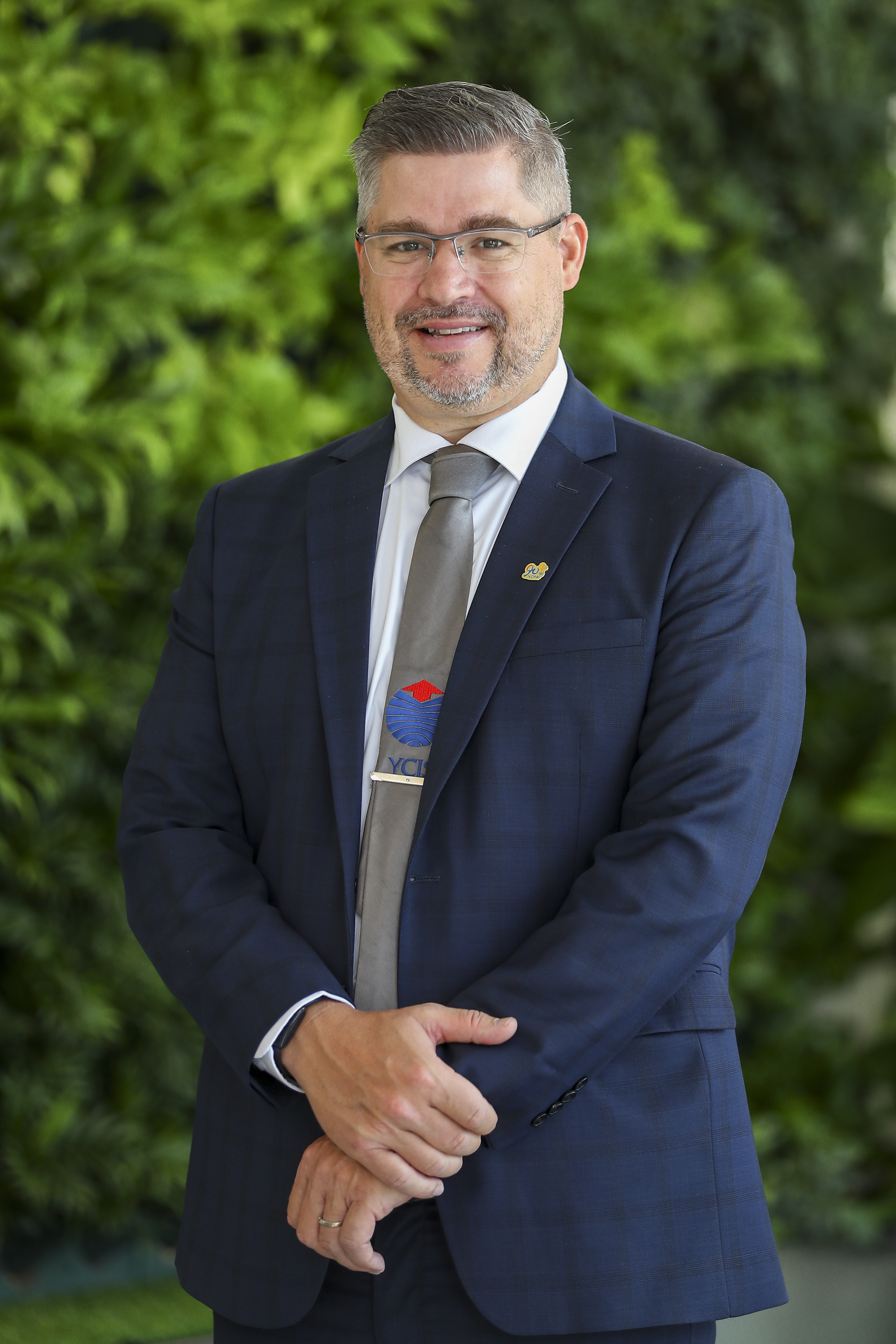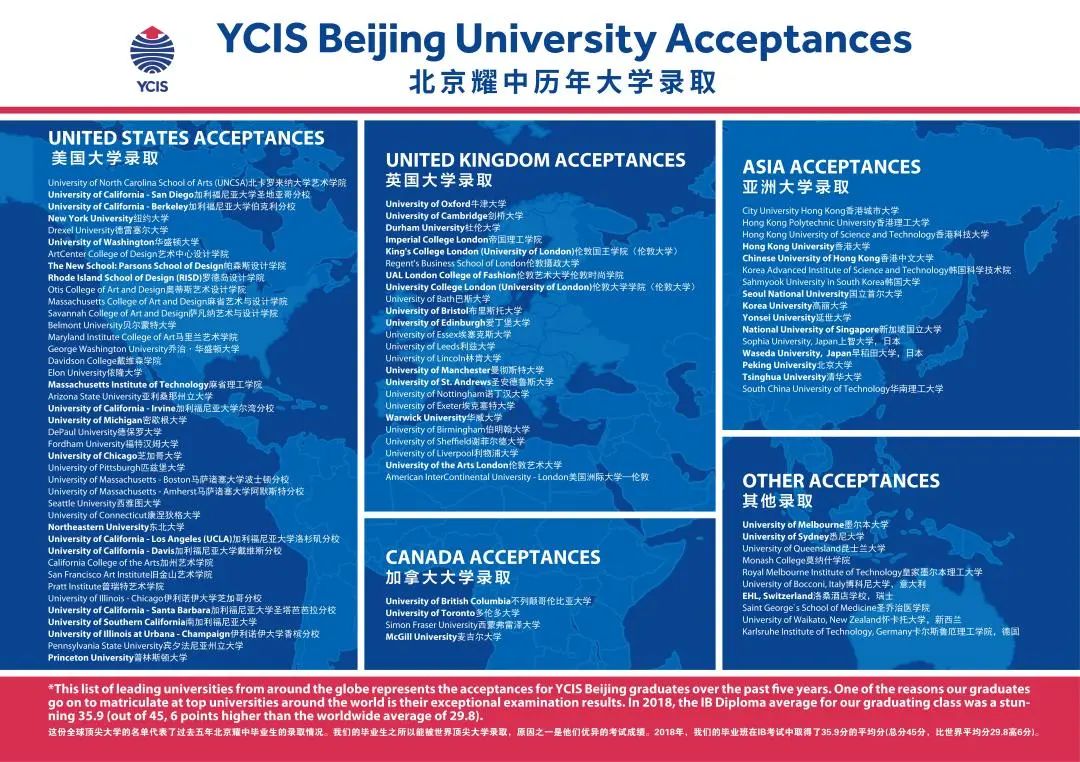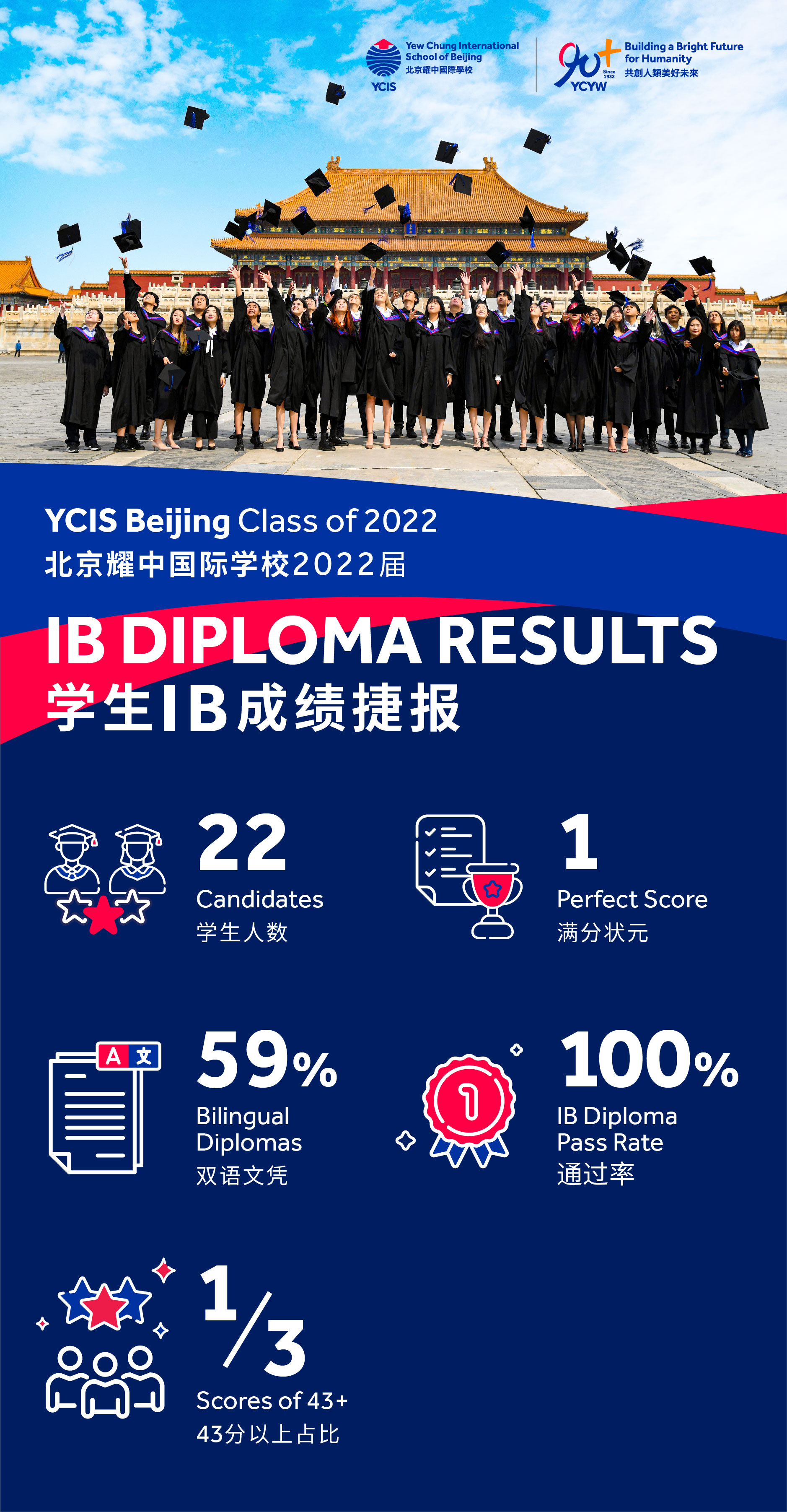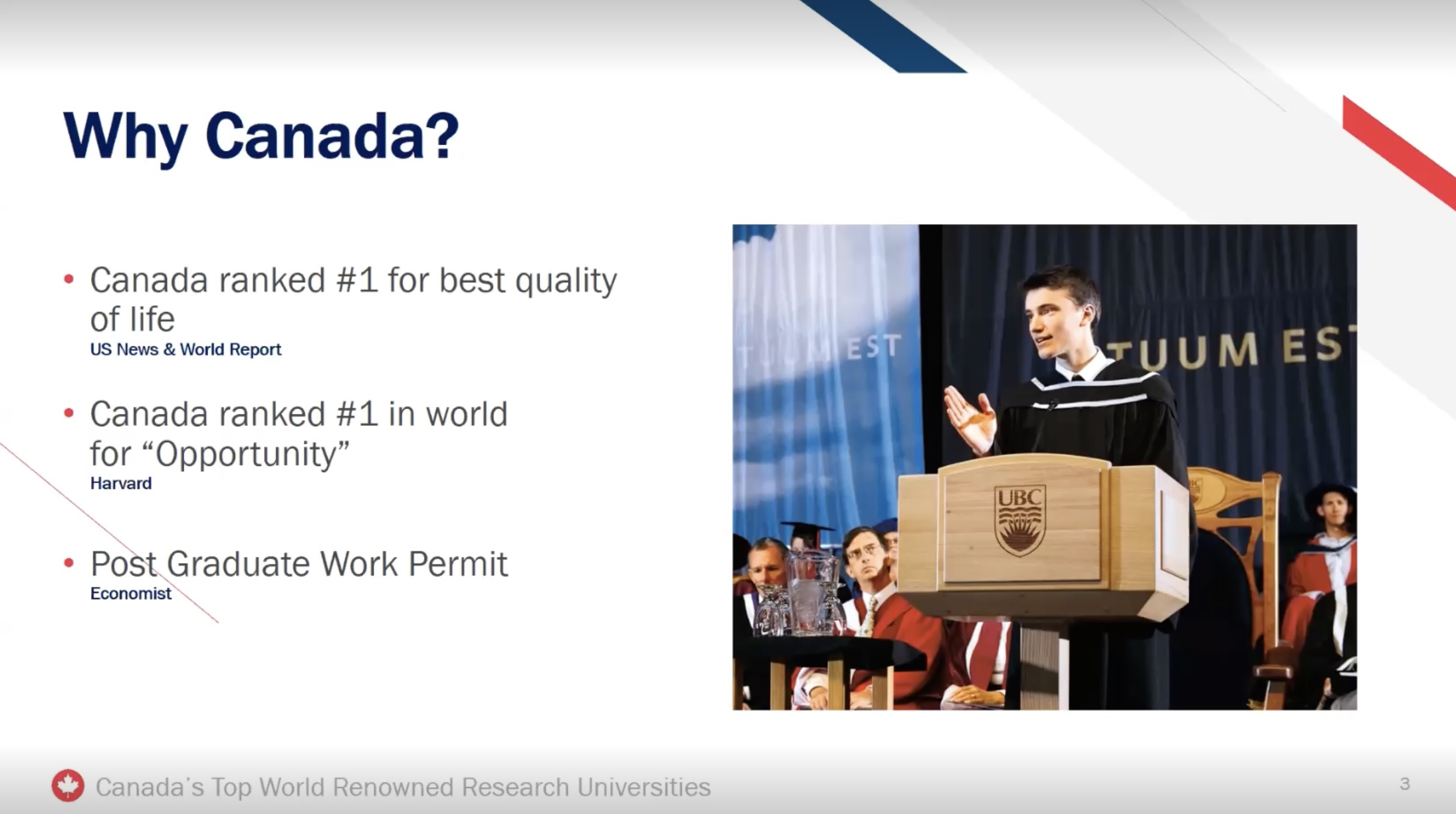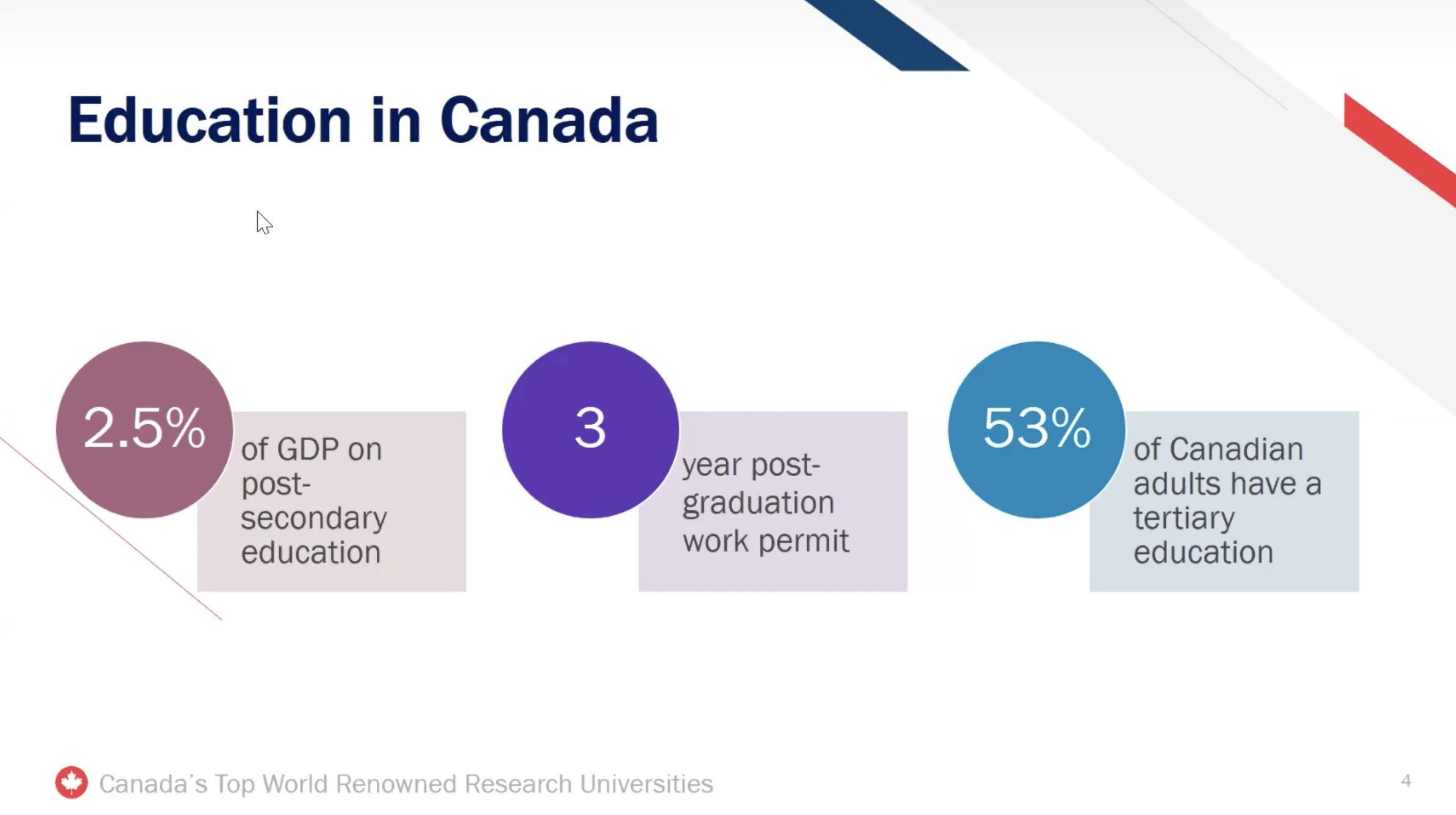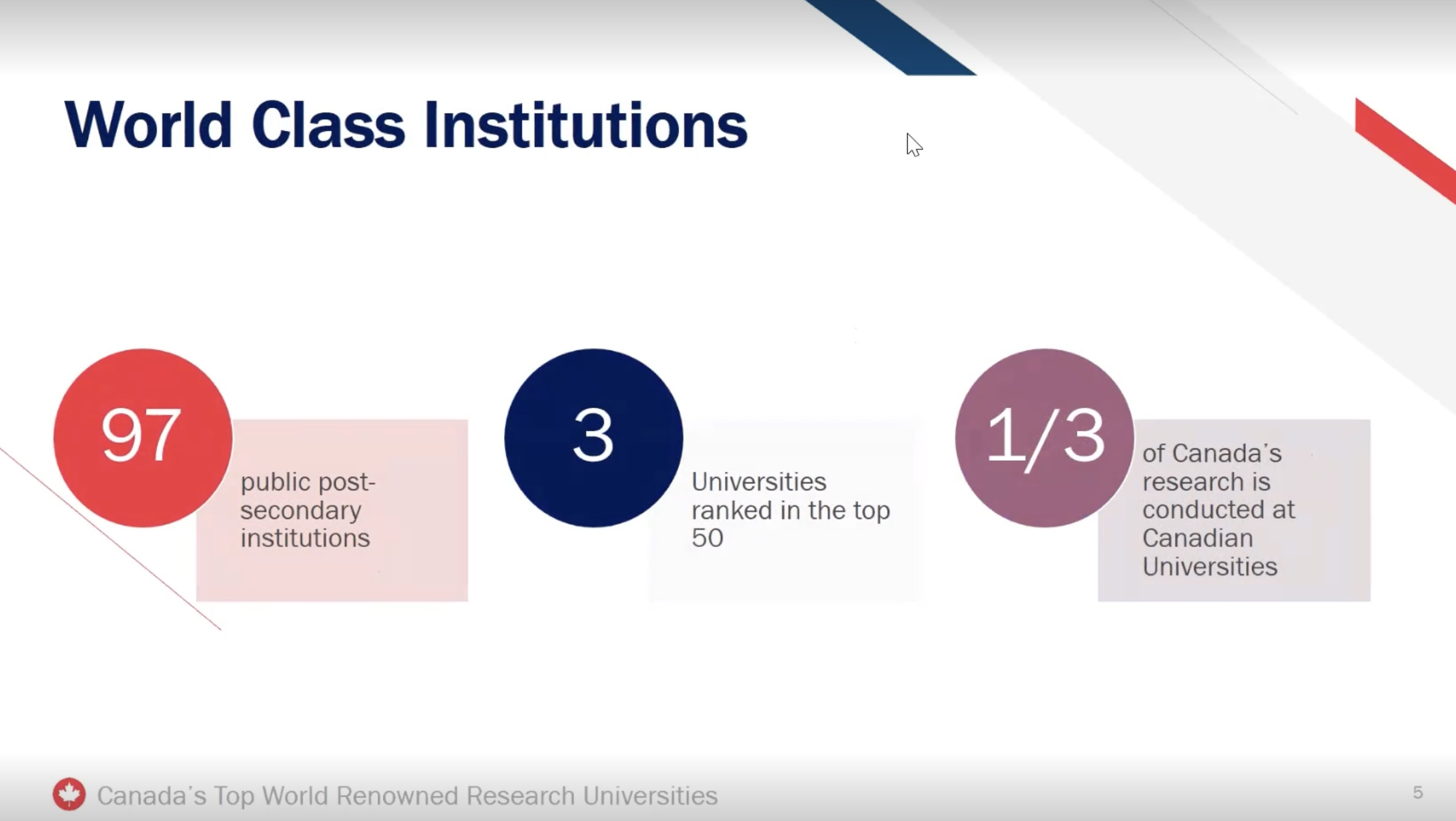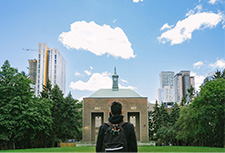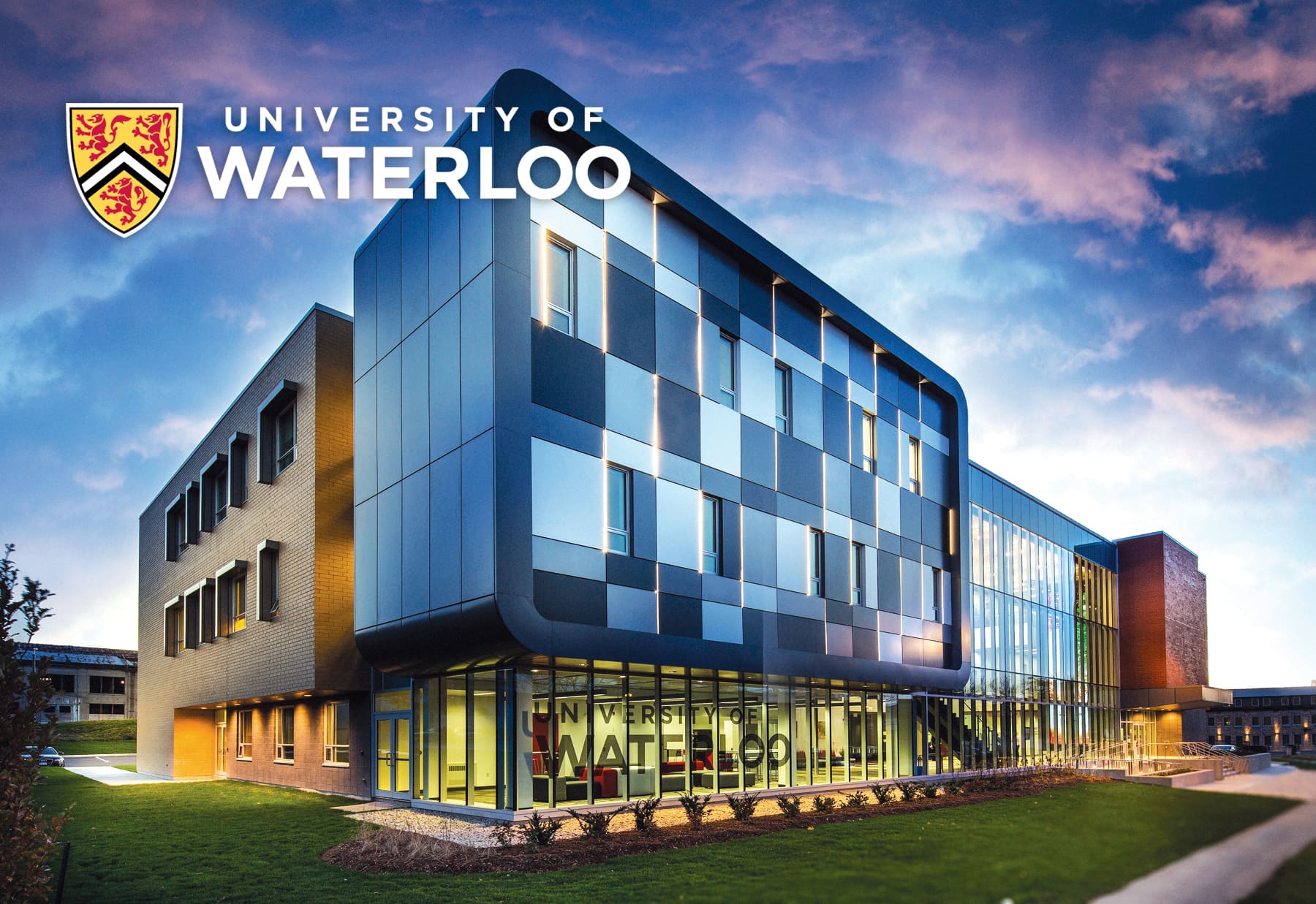Go Back
News
News
University Talks: University Life in Canada
News
13 Oct, 2022
11 : 10
Some parents already have their child's university program in mind when they enter our school at the tender age of 18 months in K2. And to be honest, so do we! Being a full-chain provider, YCIS Beijing is passionately building brick after brick to lead our students from Kindergarten (ECE) into Primary and Secondary school, with the final aim of getting your child into a good university. We do not only do our best to prepare your child academically for their tertiary educational career, but we also offer plenty of assistance and support to find the perfect fit for your child regarding study field, country, and university.
Our long-term Careers and University Guidance Officer (CUGO), Mr. Jonathan Mellen, has profound and extensive experience guiding and advising about 300 Secondary students to the most suitable university. He lives and breathes education, keeps well-informed and up-to-date about universities and their programs, and, most importantly, aims to build a close bond with every individual student and their parents to learn about his students' academic and social aspects.
In his recent interactive university talk, Mr. Mellen gave a brief overview of how YCIS Beijing ensures that your child continues a successful quality education in university. To provide first-hand insight into university life in Canada, we also invited education professional Sven Clarke. He is a Senior Admissions Advisor at the University of British Columbia and has worked closely with YCIS for many years.
Summary of University Talk
Let us begin with the closest common interest: Where did our most recent graduates go, and what are they studying? Before going into the details, we would like to point out that our cohort of 2021/2022 received over 100 university offers from universities around the world, setting our school's record for most universities applied to and the most university provides given. This year our graduates are studying in nine different countries worldwide and studying thirteen majors, ranging from various disciplines within Art to Business, Chemistry, Chinese Literature, Computer Engineering, Computer Science, Economics, General Science, Mechanical Engineering, Political Science, Psychology, and Sociology. Our students are starting their university careers in the US, Japan, Singapore, Hong Kong, the UK, South Korea, the Philippines, the Netherlands, China, and Canada, including renowned universities like the University of Boston, the University of Edinburgh, the National University of Singapore and Parsons The New School. Four of our graduates went to study in Canada at Toronto Metropolitan University, the University of Waterloo, and the University of British Columbia, which we will take a closer look at later.
Accomplishments – How do we do it?
Let us recount the three main factors that are mainly accountable at YCIS Beijing for securing our students a place at a good university: Our successful IBDP program, being an SAT centre, and offering individual' student tracking'.
IB Program
We are proud that our IB Diploma pass rate has maintained at 100% for the 15th consecutive year. In addition, our average IB score increased by four points over the past three years, whereas the number of students receiving a score within the top range of 40 to 45 has also increased. One of our students received a perfect score of 45 points this year. A bilingual diploma was achieved by 59% of our students, compared to a worldwide average of only 27.6%.
SAT test centre
YCIS Beijing is an SAT centre where we conduct the SATs (Scholastic Assessment Test) five to six times a year, offering our students a safe environment to prepare and sit through their SATs. Our last year's top score was 1,550, and the average score was 1,480, whereas the US average amounts to 1,390. Similar to our IB programme results, our school displays a clear and continuous upward trend in academic excellence due to good preparation and years of educational experience, a joint effort of administration, teachers, department heads, and, last but not least, exceptional students.
Student tracking
To assist and support our students and their parents in planning their best future, we also observe and accompany our students. In a detailed 'roadmap' starting from Year 7 onward, we have outlined what exactly happens in which school year before university entrance. Through student tracking, we will define individual strengths and weaknesses, interests, skills, and talents to support in identifying the most suitable university career options and universities.
Why study in Canada? An Overview
Four of our graduates have decided to start their university careers in Canada, and there are plenty of reasons that these students will thrive in their new learning environment. We are delighted that Mr. Sven Clarke shared his extensive knowledge and insight to talk about Canadian universities and life in Canada to meet our students' and parents points of view. We have summarised his key points below.
Good lifestyle
First, Canada is known for its high standard of living with its healthcare, welfare, and education systems. From a parents' point of view, parents can rest assured that their child is in a healthy and safe place.
Post-graduate Work Permit
Secondly, another solid argument for studying in Canada is that after finishing university in Canada, students receive a postgraduate work permit, which means that the student has all the choices of returning home or continuing to live and work in Canada. Mr. Clarke sums it up, "this is a very straightforward asset, and it applies to every Canadian university. The fact that the postgraduate work permit applies to every Canadian university serves as a testament to the quality of the universities in Canada."
Overall Educational Strength
Canada has over 100 universities, with three ranking among the world's top 50: Toronto University, McGill University, and the University of British Columbia. Regarding teaching style, there is no need for students to declare their major; after applying to a faculty like engineering or science, students have about two years to set their primary subject. Professors involve students through presentations, project work, or research. This is called 'active learning and is a common characteristic across Canadian universities. "Therefore, IB students are very well suited to the Canadian style of education," states Mr. Clarke. Canadian universities are also well networked internationally, so entering a Canadian University means joining their network of research, other universities and companies, and their global exchange programs, which every student can immensely benefit from. Canadian universities also have a high retention rate of 90% in the first year, which translates into a high rate of success for the students.
In a Nutshell: Three Different Canadian Campuses
Last but not least, Mr. Clarke gives us a short descriptive tour of the universities our four YCIS graduates chose: Toronto Metropolitan University, the University of Waterloo, and the University of British Columbia. For Toronto Metropolitan University, Mr. Clarke points out its location in the heart of Toronto, with opportunities for students to combine classroom and real-life experience in areas like culture, business, healthcare, or government. Mr. Clarke highlights the University of Waterloo for having the most extensive co-op program (co-operative education), which allows students to explore careers and gain paid work experience while earning their university degree. Whereas the top-ranking University of British Columbia has a great campus, being a city in the city itself with its museums, theatres, and art galleries.
These three university options give a good example showing the differences in campus life and programs. It is essential to have discussions and weigh the options of what is vital for the individual student.
Make an appointment with our CUGO
Suppose you would like a personal chat with Mr. Mellen to go through educational and professional choices. In that case, he will be delighted to guide and assist you in university planning and advice. Please reach him at jonathan.m@bj.ycef.com.



